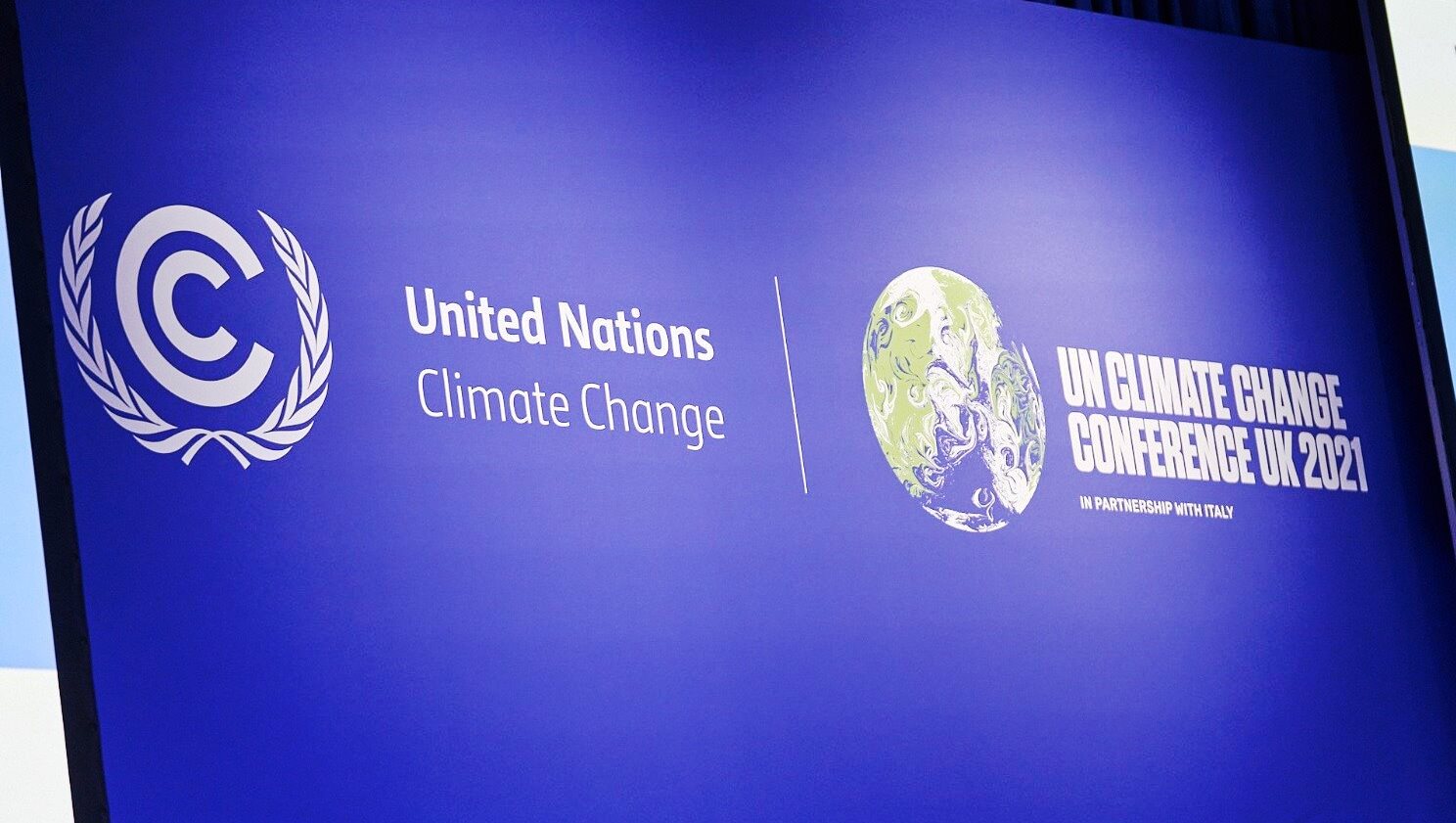Award-winning public speaker, organic architect and expert in green building Eric Corey Freed joined in dialogue with distinguished science and data journalist Elisabetta Tola, to explore smart approaches to sustainability through architecture. As one of the world’s leading sustainability thinkers, the 11-time author delighted participants with his witty approach to discussing how nature-based technology can be used in buildings, offering solutions to grow our future through innovation.
Sustainability is the ultimate opportunity. It doesn’t cost you money, it pays for itself, it makes you money. If we can start to measure these paybacks, we can really change the world.
Eric Corey Freed – Organic Architect
Ultimately, we want to build in the way nature does. What if the building was actually alive? What if the materials were biobased, what if they were real, what if we could grow a building? An army of designers around the world is working on this problem.
Eric Corey Freed – Organic Architect
The live streaming event was part of the series Seeds. Words that feed the future for the CMCC Climate Change Communication Award “Rebecca Ballestra”.






